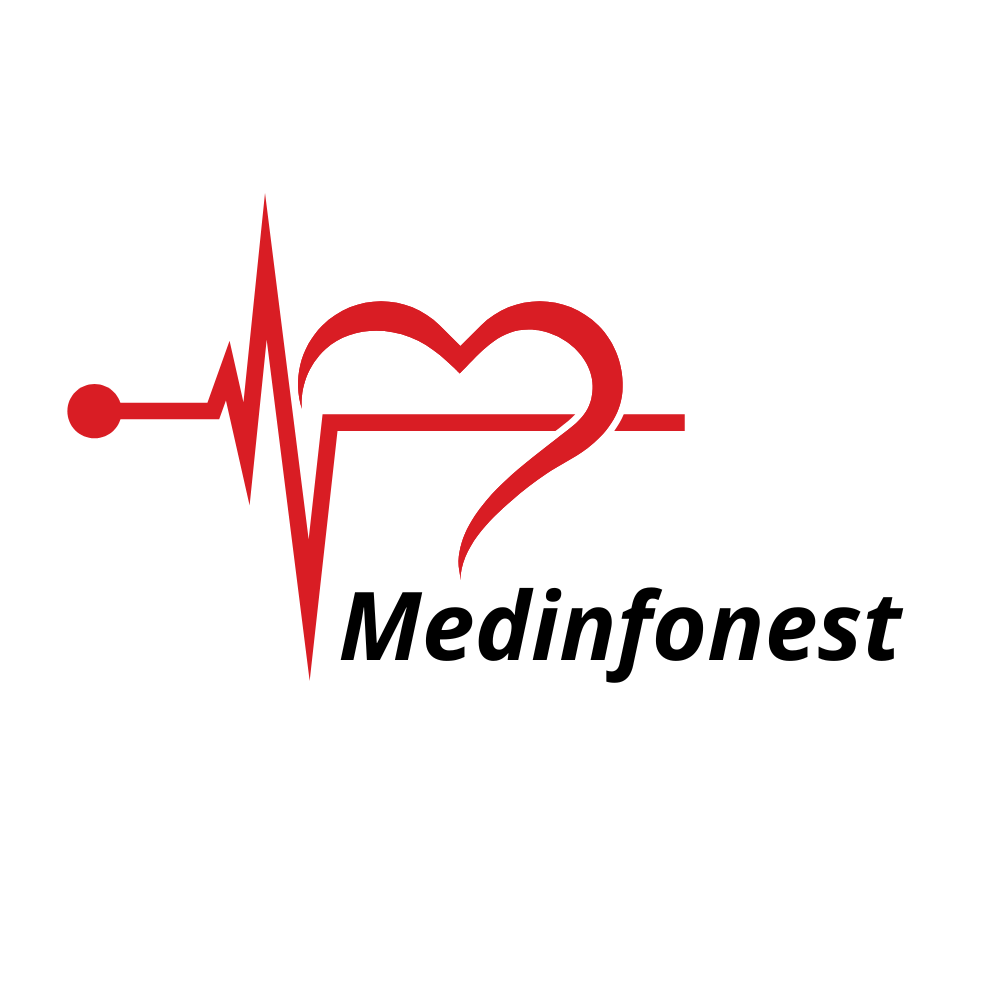Obsessive Compulsive Disorder (OCD) is a mental disorder characterized by excessive thoughts, ideas, and behaviors that are ego-dystonic and occur in children, adolescents, and adults. Obsession is the unwanted and repetitive thoughts while compulsion is the repetitive behaviors an individual performs. These obsessions and compulsions can be very much upsetting and consumes much time to the extent of interfering with daily activities. OCD is a quite famous disorder, though it is not very popular and it is essential to raise the awareness and share accurate information about it.
What Are Obsessions?
Two, obsessions are defined as ideas, images or impulses that occur for which the affected individual has no desire. These thoughts are typically awful and result in a considerable amount of tension. Common obsessions include:
Fear of contamination: Most individuals suffering from OCD have the phobia of germs, dirt or contracting contamination through touching objects. This fear may make a child wash his/her hands severally, For example in Thalassemia Awareness, hygienic practices are important to avoid infections.
Doubts: These are worries that run on in the back of one’s mind circling around issues such as whether the door was locked, the stove was switched off or whether one has done something properly. This kind of doubt is similar to interfering with those who are in charge of CKD (Chronic Kidney Disease) because timely taking the medicine and receiving the treatment are the most important factors.
Need for symmetry: A compulsive desire to get things in order, or to be arranged in a particular uncluttered way. This need for order can reflect the aunty-tidy that is required in Vitamins for Digestion where moderation is the order of the day.
Aggressive thoughts: Panic that one might have a negative effect on oneself or on others and this, even when this is not an intention, is immensely disturbing. This fear is as paralyzing as full-blown aggressive progression that is characteristic of cancers such as Kaposi Sarcoma.
Unwanted sexual thoughts: Unwanted thoughts or stimuli that may be of a sexual nature and which violate the subject’s personal standards. This form of obsession can lead to a lot of guilt and anxiety as is the case with the Narcissistic Behavior.
What Are Compulsions?
Obsessions are ideas, thoughts or images that intrude on a person’s mind and this person feels the urge to apply some measure to reduce the anxiety brought by such thoughts. Such behaviors are normally time consuming and only provide symptomatic solutions to the problem. Common compulsions include:
Excessive cleaning or handwashing: This is usually as a result of contaminated surfaces, and aforementioned chemical substance impact. Just like the obsession with cleaning up, to match with that observed with Pyogenic Liver Abscess, there is need to be very clean.
Checking: A common compulsion is where a person constantly checks to be certain that the doors are locked or that appliances were switched off or a specific job has been well done. This behavior is not far from what is needed in Peritoneal Dialysis where monitoring is done with so much concern.
Counting: People engage in special counting technique or-counting mantras are always done to make sure that a certain bad thing does not occur. This is analogous to managing Renal Replacement therapy wherein, dosage and the time it is administered are very important.
Arranging: Some of the most typical mental rituals are rearranging items to reach ‘a certain comfortable level of organization’. This need of order can be as strenuous as it is in the Cholesterol Lowering Diet.
Mental rituals: Another type of compulsion is a verbal one; the patient whispers words, phrases or prayers in order not to have a winged curse happened. This is essentially a form of mental repetition similar to the one that goes with application of Time Management techniques.
Causes of OCD
The exact cause of Obsessive Compulsive Disorder is not fully understood, but several factors may contribute to its development:
Genetic factors: A handful of research shows that OCD is hereditary and it may therefore be passed from one generation to another. This hereditary relationship is also observed in the cases when the relatives’ experience becomes critical, for example, ALS and MS.
Brain structure and function: Abnormalities in the brain’s structure and activity concerning a certain part of the brain related to processing of fear and anxiety are also associated with OCD. The above neurological differences are also seen in other ailments such as Disc Herniation.
Environmental factors: OCD can be exacerbated by stress, traumatic events or any event that happens in an individual’s life that would make them develop such feelings. Other causes also relate to environment, for instances Bladder Calculi.
Cognitive factors: Obsessive-compulsive disorder brings symptoms like high level of responsibility and an idea that a person has to prevent thoughts in order to avert danger. The cognitive part is reminiscent of the many cognitive difficulties involved in the bipolar disorder treatment.
Symptoms of Obsessive Compulsive Disorder
Symptoms of Obsessive Compulsive Disorder can include any number of types of behaviors and thought patterns that are obsessive and compulsive in nature, which would indicate that someone has OCD. OCD symptoms vary but generally include both obsessions and compulsions:
- Obsessions: These are recurrent and intrusive ideas, thoughts, or impulses that are disturbing. They resemble the compulsive thoughts in Schizophrenia or patients with psychosis.
- Compulsions: These are compulsions carried out in a ritualistic manner with the intention of reducing anxiety that comes with obsessions. This need for repetitive action is as challenging as it is to coordinate the day-to-day lives of patients with Chronic Kidney Disease (CKD).
It is important to recognize these symptoms so that appropriate treatment can be sought.
Diagnosing Obsessive Compulsive Disorder
In the diagnosis of OCD, a qualified mental health professional commonly conducts an evaluation of the patient. Part of the protocol involves interviewing and observing the symptoms in detail. This makes it important to distinguish OCD from other illnesses such as Schizophrenia or Multiple Myeloma to make an accurate diagnosis.
Therapies for Obsessive Compulsive Disorder
Several treatment options can help manage OCD effectively:
- Cognitive Behavioral Therapy (CBT): This is considered the best treatment for OCD patients, as research has shown. CBT, especially ERP, is a method that exposes a person to their fears without allowing them to perform compulsions. This transition can be as formal as with Total Knee Replacement (TKR) treatment, which requires a stepped advancement in the patient’s physical activity level.
- Medications: Some medications prescribed to minimize OCD symptoms include Selective Serotonin Reuptake Inhibitors (SSRIs). In OCD, as well as in Control High B.P, medication management is crucial, and compliance is a must.
- Mindfulness and Relaxation Techniques: Procedures like meditation and deep breathing can help control anxiety. These techniques are equally effective in OCD and stress-related disorders like Soft Tissue Sarcoma.
- Support Groups and Education: Social support can be obtained through support groups that are comprised of people with OCD. Awareness is also a factor used in managing the condition and in educating others about it. This social support is as important in managing OCD as it is in managing Pancreatitis, where knowledge about the condition enhances management.
- Lifestyle Changes: Recommendations for OCD patients include proper nutrition, exercise, and sleep, which can help control OCD symptoms. These lifestyle modifications are as important in OCD as they are in following a Cholesterol Lowering Diet.
Obsessive Compulsive Disorder: A Survival Guide
Obsessive Compulsive Disorder is life-altering but not disabling; it can be managed, and people living with OCD can have a good quality of life. At the same time, it is important to remember that OCD is a medical disorder and has nothing to do with one’s failure or laziness. Social support from family or friends can go a long way, as with life-altering conditions such as Kidney Biopsy.












